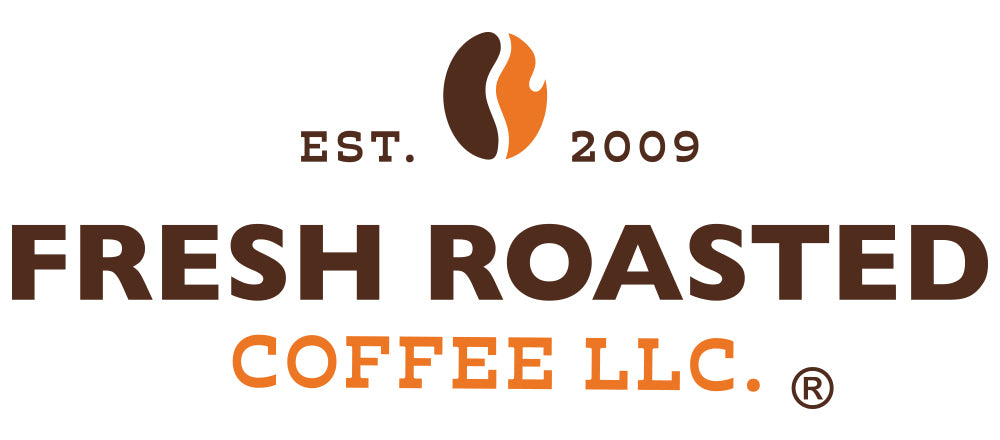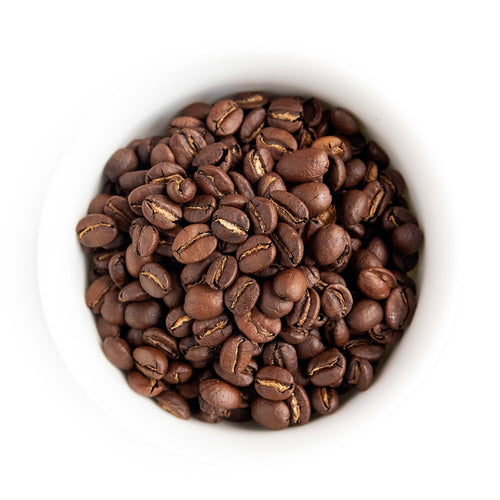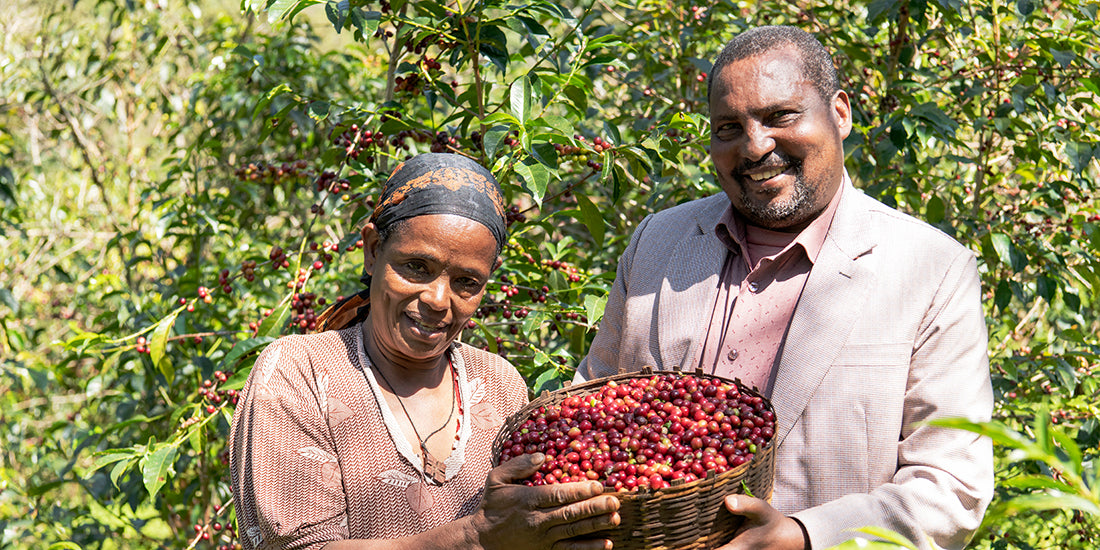This sweet and mild Ethiopian Yirgacheffe coffee is Fair Trade and USDA Organic Certified. With hints of bright citruses like sweet tangerine and lime, the acidity level is powerful and bright, while the cup finishes with a dry, lemon tea finish.
The cooperative that produces this exceptional Yirgacheffe was founded in 2012 and helps farmers in the area maintain a sustainable life. All 177 members help to lovingly produce the high quality coffees that thrive in the region.
This coffee has undergone a full screening for mold and mycotoxins and has been declared toxicologically safe and compliant. Any trace levels of mold and mycotoxins (Aflatoxin, Ochratoxin) were undetectable by both representative sampling and rapid testing by a certified third-party laboratory.
To request more information about mold and mycotoxin testing, please email info@freshroastedcoffee.com or read our blog.
Certified organic by Pennsylvania Certified Organic





